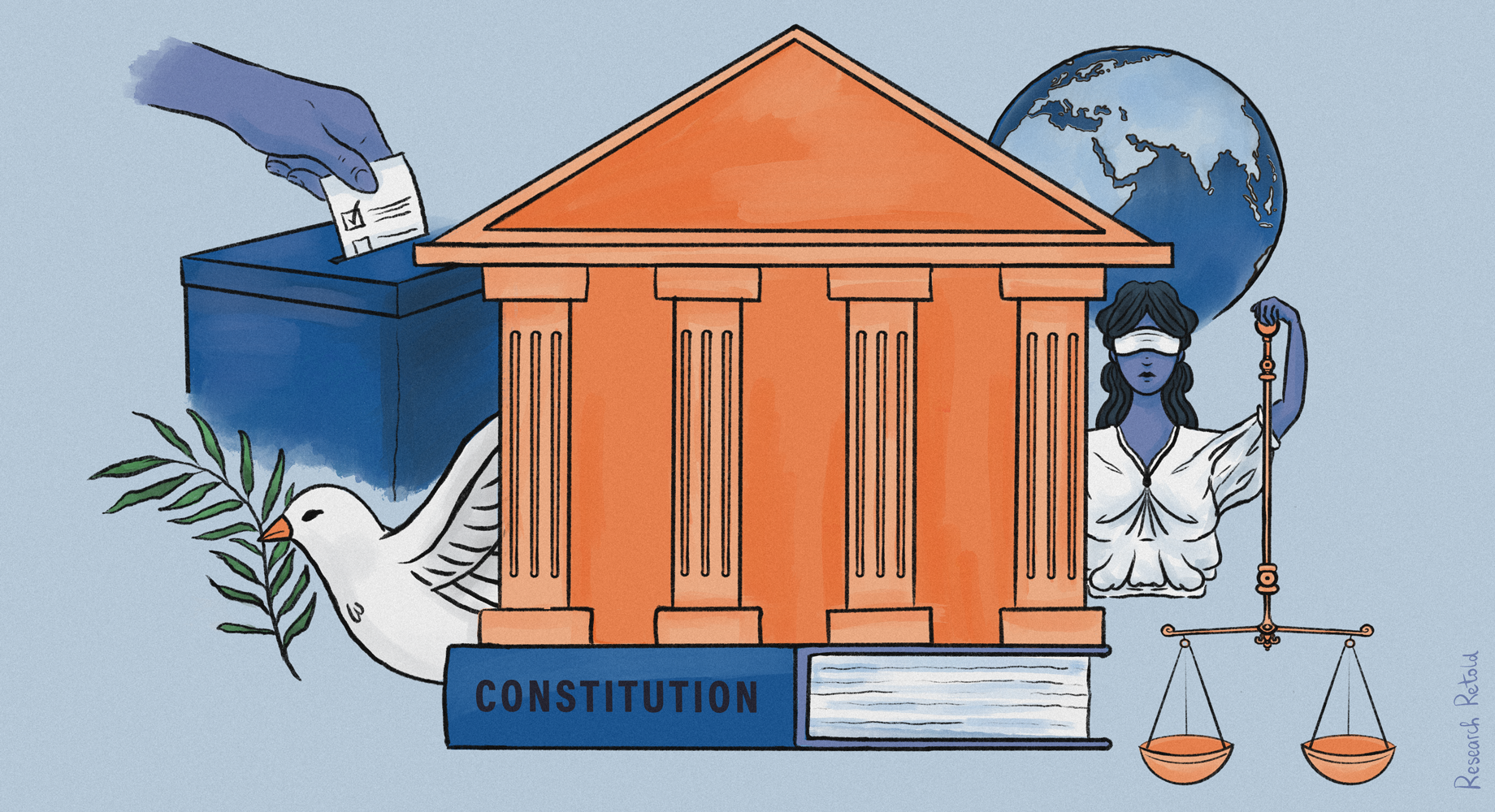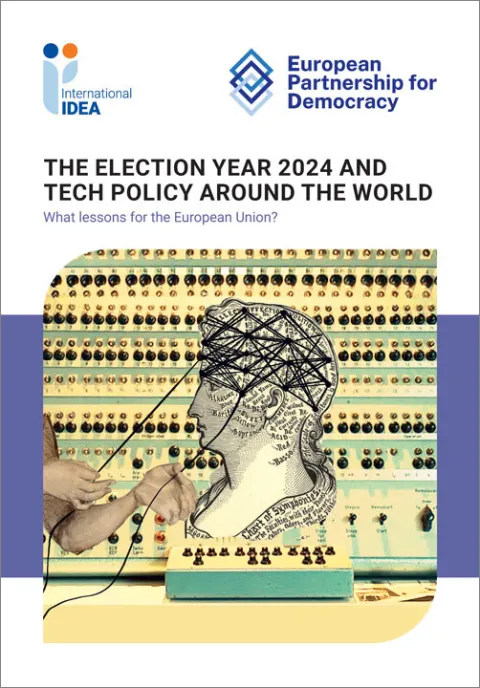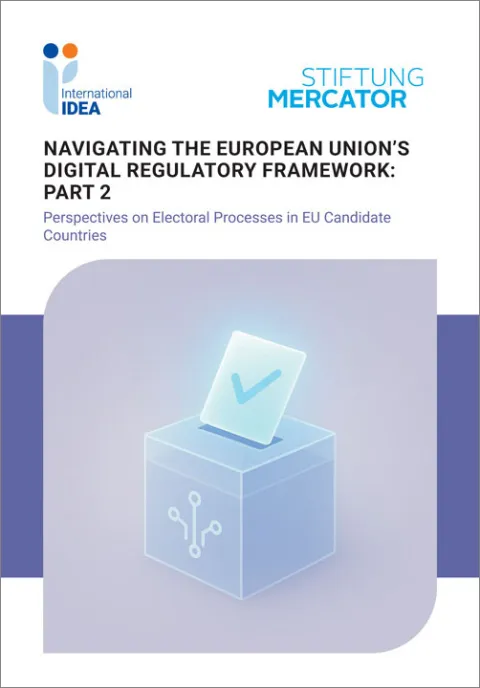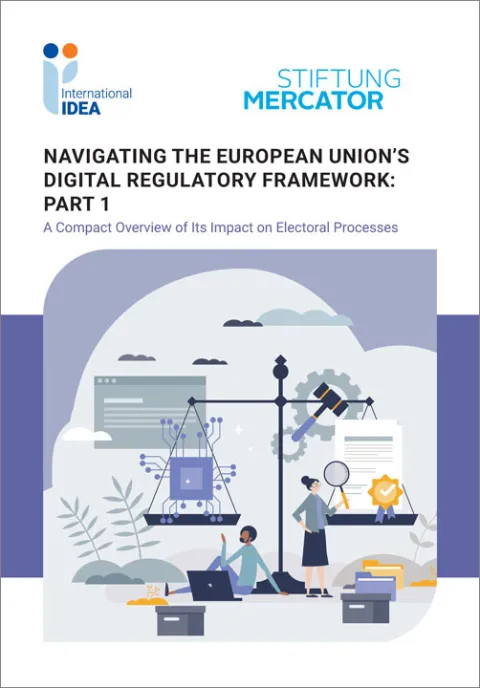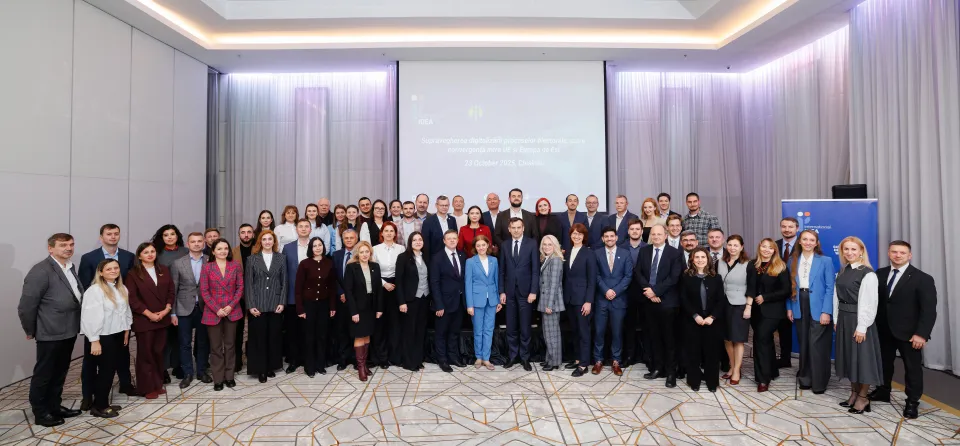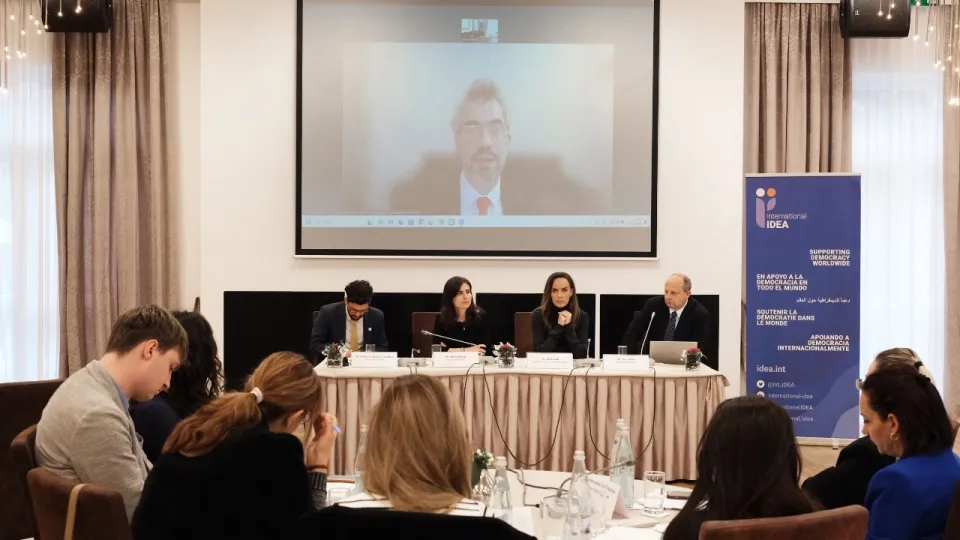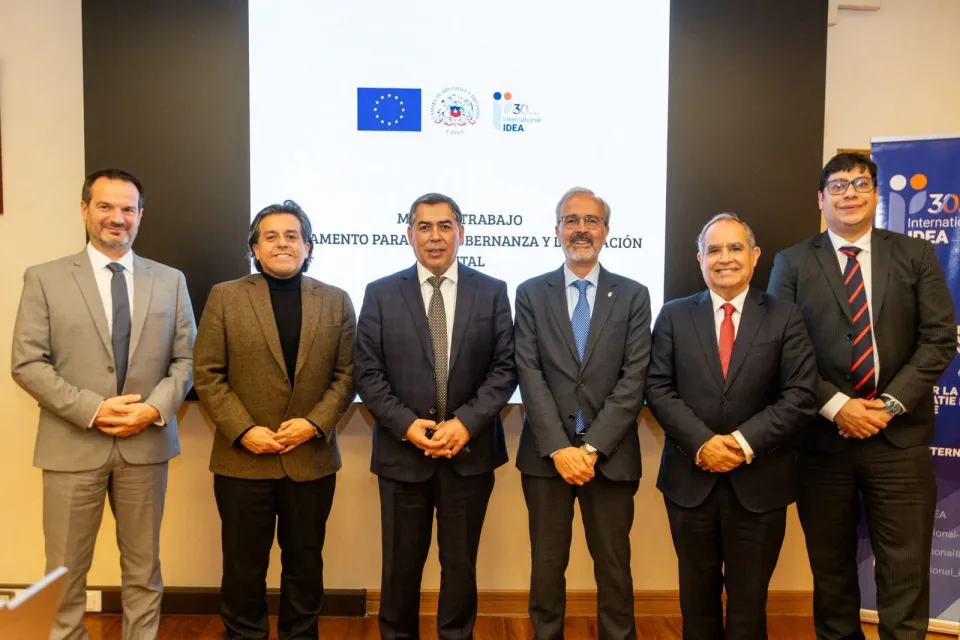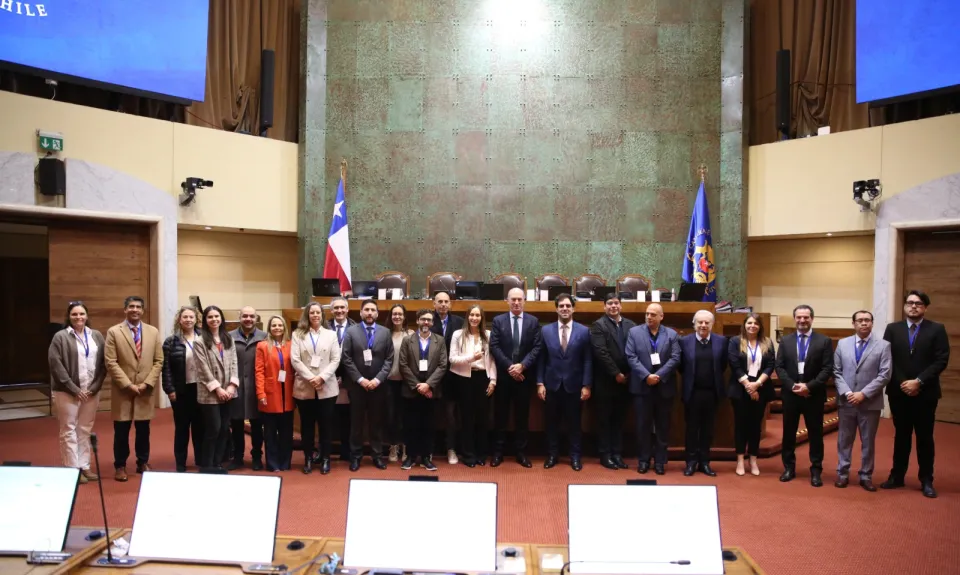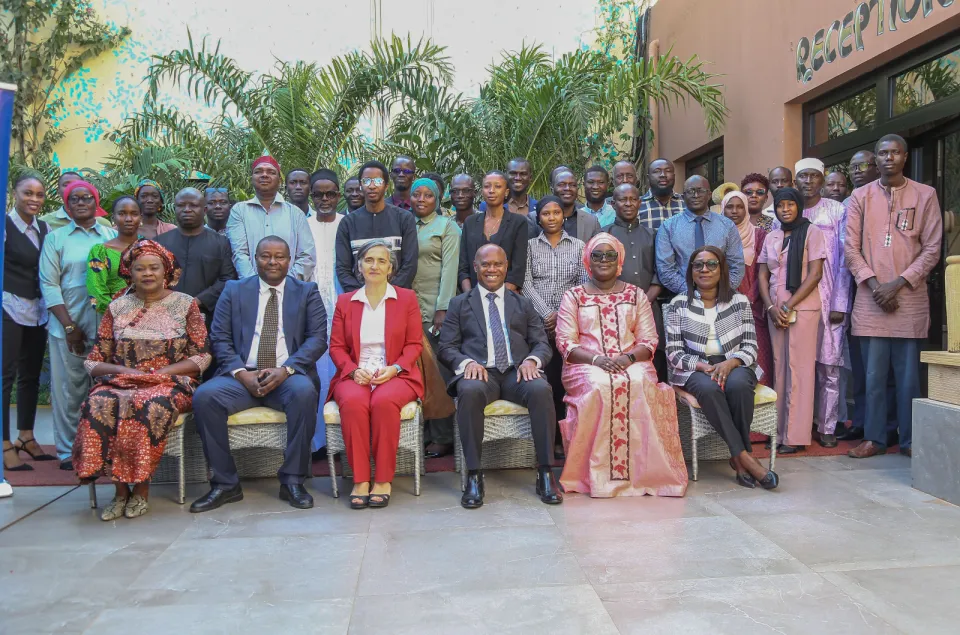The role of the European Union in democracy-building in Central Asia and the South Caucasus
While, in the past, democracy promotion tended to be the exclusive domain of high-income Western countries, the actors involved today are more varied, the kinds of activities more diverse, and the number of countries targeted for democracy assistance is steadily increasing.
This Discussion Paper examines the European Union’s democracy assistance to Central Asia and the South Caucasus, focusing on Georgia, Kyrgyzstan, Tajikistan and Uzbekistan. These countries are among the most fragile and conflict-affected in the post-Soviet space, but they are distinct in that they have made varying degrees of progress towards democratic governance.
Details
Contents
Introduction
1. Fragility and conflict in Central Asia and the South Caucasus
2. Obstacles to democratization in the post-Soviet space
3. The European Union’s democracy-assistance activities in Central Asia
4. The European Union’s democracy-assistance activities in the South Caucasus
5. Democracy-assistance and state-building instruments
6. Budget allocations for democracy assistance
7. Institutions, actors and the role of the European Union
8. Aligning democracy-assistance activities with local priorities
9. Gradualism and sequencing in the European Union’s democracy assistance
Conclusions and recommendations
References
About the authors
About International IDEA
About the Inter-Regional Dialogue on Democracy
Give us feedback
Do you have a question or feedback about this publication? Leave us your feedback, and we’ll get back to you
Send feedbackThe role of the European Union in democracy-building in Central Asia and the South Caucasus
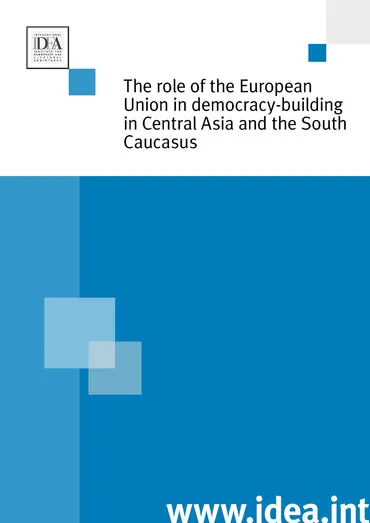
| Total views | 4021 |
|---|---|
| Downloads | 8 |
| Rating |
Give us feedback
Do you have a question or feedback about this publication? Leave us your feedback, and we’ll get back to you
Send feedback